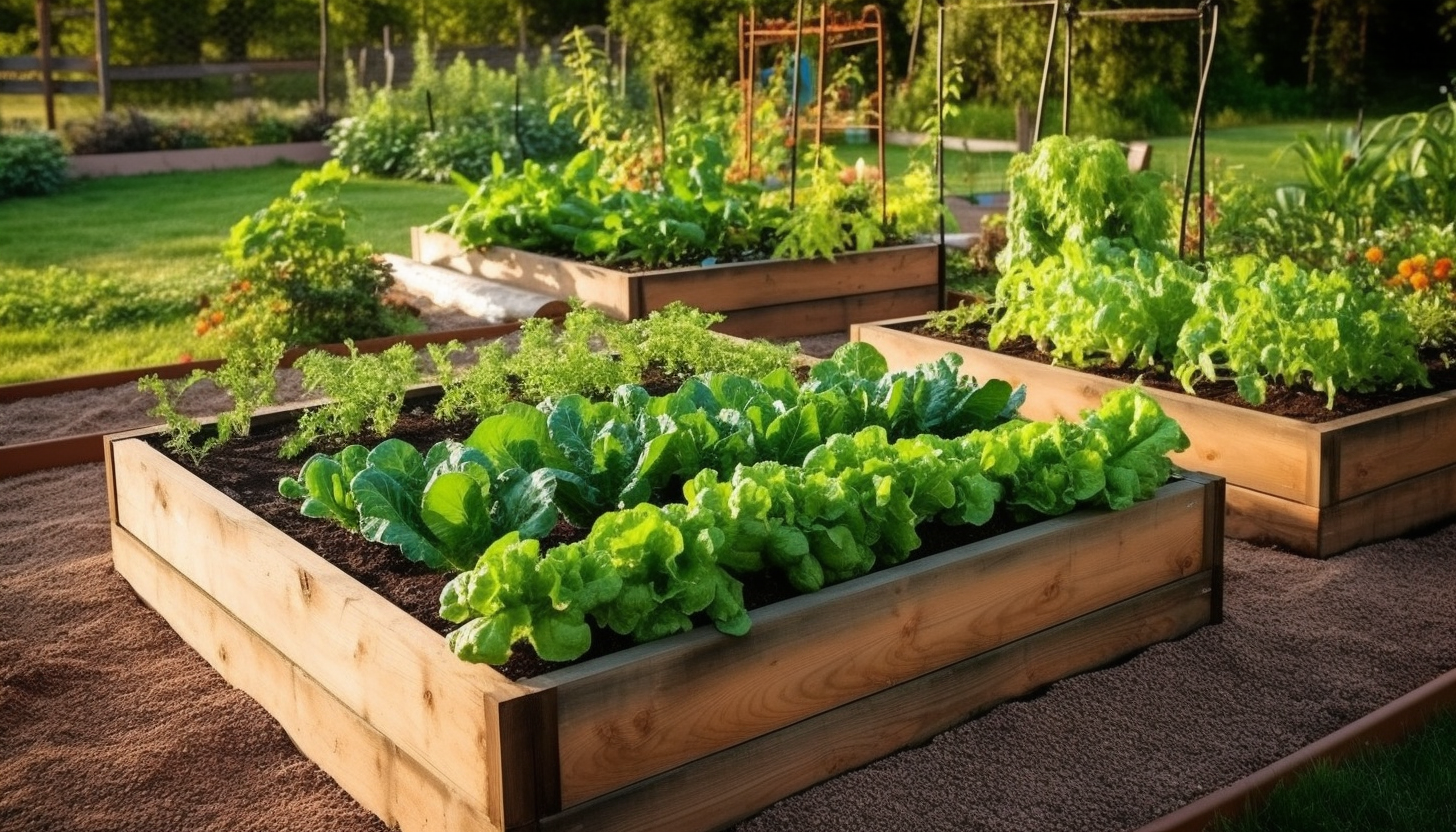P
May 28, 2023
How to Prepare a Raised Bed Garden: Step-by-Step Guide
#Gardening
#Raised Bed Garden
#Vegetable Gardening
#Soil Preparation
#Plant Selection
#Irrigation
#Gardening Tips
#Maintaining a Garden

raised-bed-garden-thumbnail
Introduction to Raised Bed Gardening
Raised bed gardening is a popular method of cultivating vegetables and herbs. It offers numerous advantages over traditional in-ground gardening. The raised beds are easier to manage, requiring less weeding, less digging, and less bending. They also promote healthier soil, better plant growth, and easier harvesting. The raised bed garden also makes the most of limited space, enabling gardeners to grow a wide variety of vegetables in a small area. This step-by-step guide will show you how to prepare a raised bed garden for vegetable gardening.
Step 1: Choosing the Site
The first step in preparing a raised bed garden is choosing the site. The site should be in full sun to promote plant growth, and it should be well-drained to avoid waterlogging. The soil should be fertile and relatively loose, making it easy to dig and amend. If the soil is hard and compacted, consider adding organic matter such as compost or aged manure.
Step 2: Preparing the Bed
Once you have chosen your site, it's time to prepare the bed. Start by clearing the site of weeds and debris. Then, level the ground, if necessary. Add any additional organic matter if your soil is poor. After that, dig the bed to a depth of about 12 inches. This depth will allow room for root growth and help keep the soil loose.
Step 3: Planting the Bed
Once the bed is ready, it's time to plant. First, add a layer of compost or aged manure to the bed. This will provide nutrients for your plants and help keep the soil loose. Next, arrange the plants in the bed, making sure they have enough space to grow. Plant the seeds or transplants, and then mulch around them to keep the soil moist and suppress weeds.
Step 4: Irrigation and Maintenance
When it comes to raised bed gardening, irrigation is critical. Watering deeply and infrequently will promote deep root growth and prevent the bed from becoming soggy. Mulching can also help keep the soil moist and prevent weeds. Regular weeding and fertilizing will further promote healthy plant growth. Finally, regular maintenance is essential. Keep the bed clean and level, add additional organic matter as necessary, and replace plants as they die.


